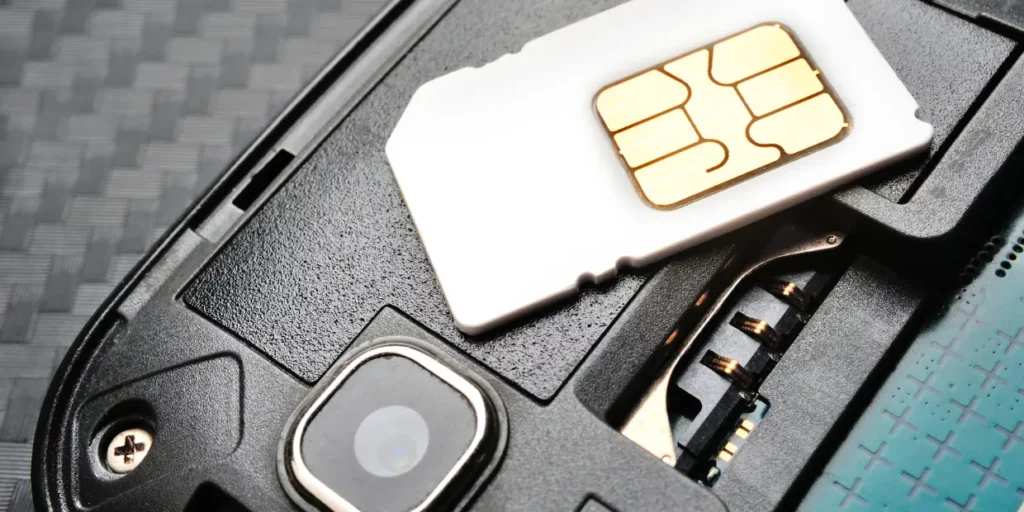All You Need to Know About SIM Swaps

All You Need to Know About SIM Swaps
SIM swapping, also known as SIM swap scams or SIM hijacking, can be a nightmare for an unwary victim. According to a recent announcement by the FBI, this ruse is on the rise. Here’s what you need to know about this prevalent scam and how to protect yourself.
How the scam plays out
Before the actual scam is pulled off, the scammer will generally employ a phishing scam to obtain some basic information about the target’s mobile number and phone service provider. They’ll then use this info to convince the service provider that they are actually the target and ask them to transfer the number to their own SIM card. Finally, they’ll insert the newly activated SIM card into their own device and use it to access the victim’s accounts by bypassing the SIM-based two-step authentication. They’ll usually change all passwords for online accounts linked to the phone as well. This leaves the victim with an inactive SIM card and locked out of their own accounts.
Protect yourself
Despite its prevalence, there are ways to protect yourself from SIM swap scams:
- Never share information about your financial assets while online.
- Never share information about your mobile phone number or cellphone provider with an unverified contact over the phone or online.
- If you receive an unexpected call, message or email from your mobile phone’s provider asking you to share or confirm information, do not engage. Contact the provider directly to determine if the communication was authentic.
- Keep your social-media platform settings private.
- Use strong, updated security for all your devices.
- Never share personally identifiable information online.
- Use strong, unique passwords across all your online accounts.
If you’ve been targeted
If you believe you’ve been targeted by a SIM swapping scam, take these steps to mitigate the damage:
- Contact your cellphone provider for assistance in regaining control of your phone number.
- Change the passwords and logins on all your accounts.
- Let your financial institution and credit card companies know about the scam so they can look out for suspicious activity on your accounts.
- Consider placing a credit alert and/or credit freeze on your accounts.
- Report the scam to your local FBI field office, your local law enforcement agency and the FBI’s Internet Crime Complaint Center.
Stay alert and stay safe!
Content Source: CUContent






